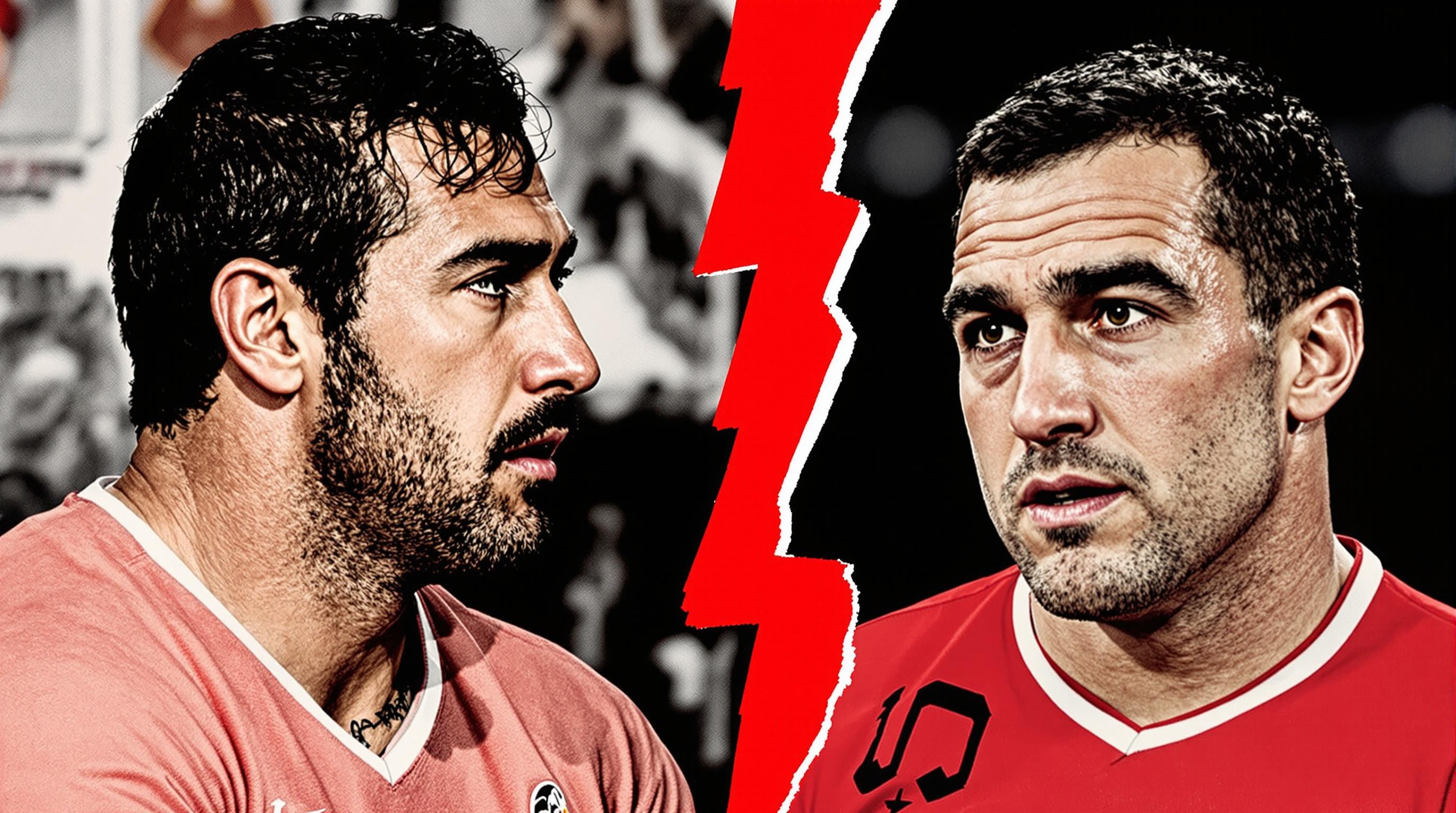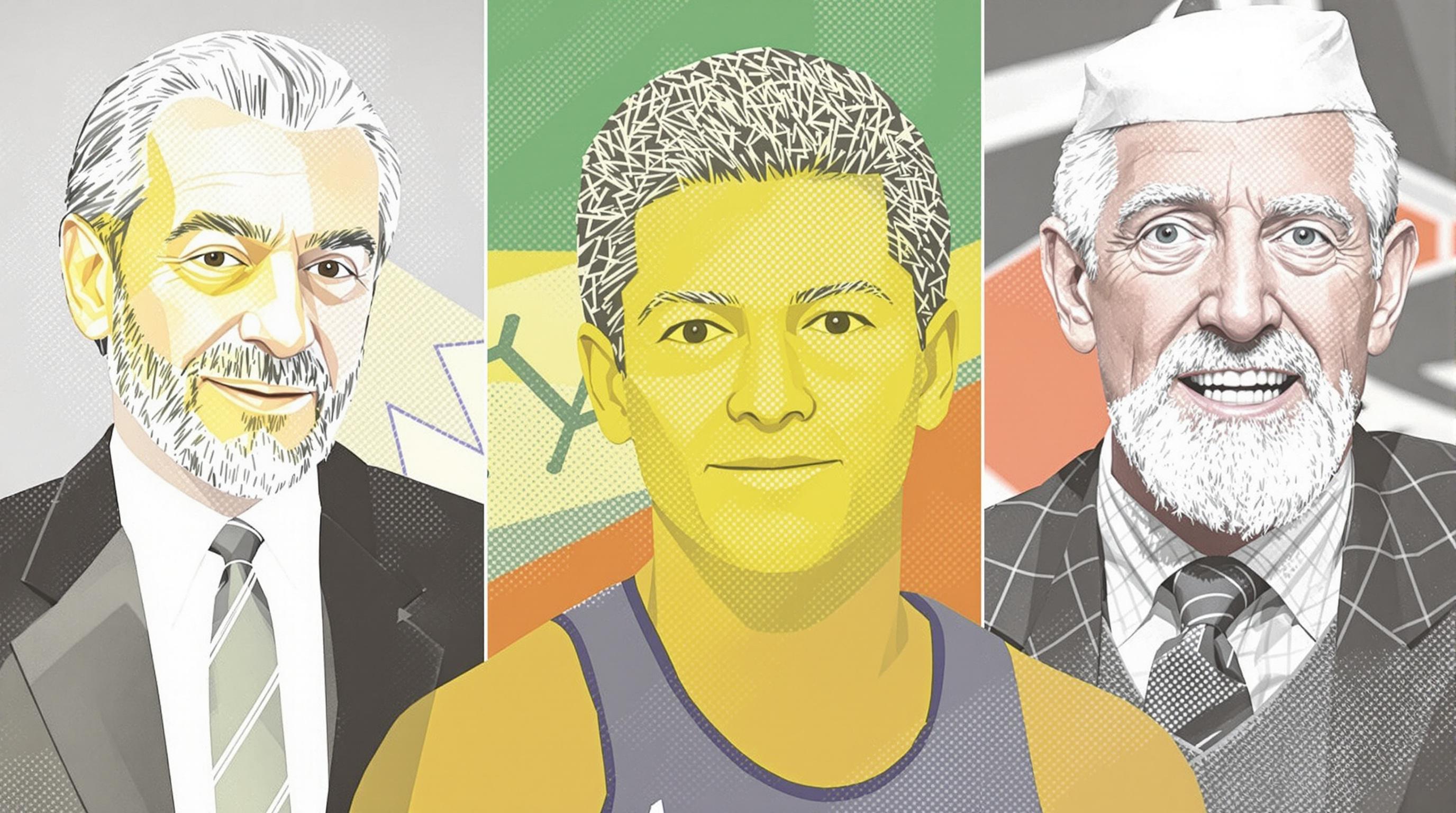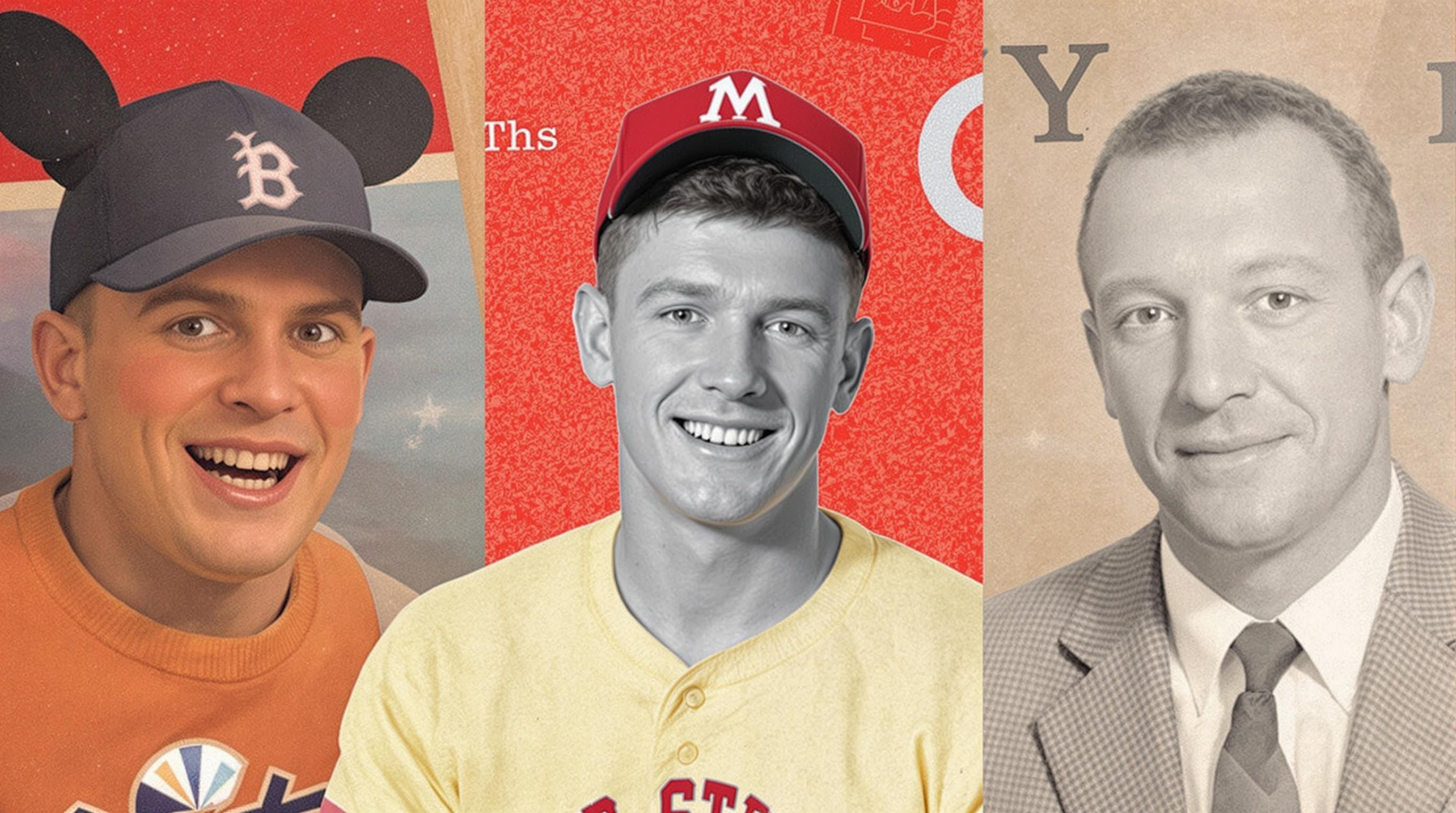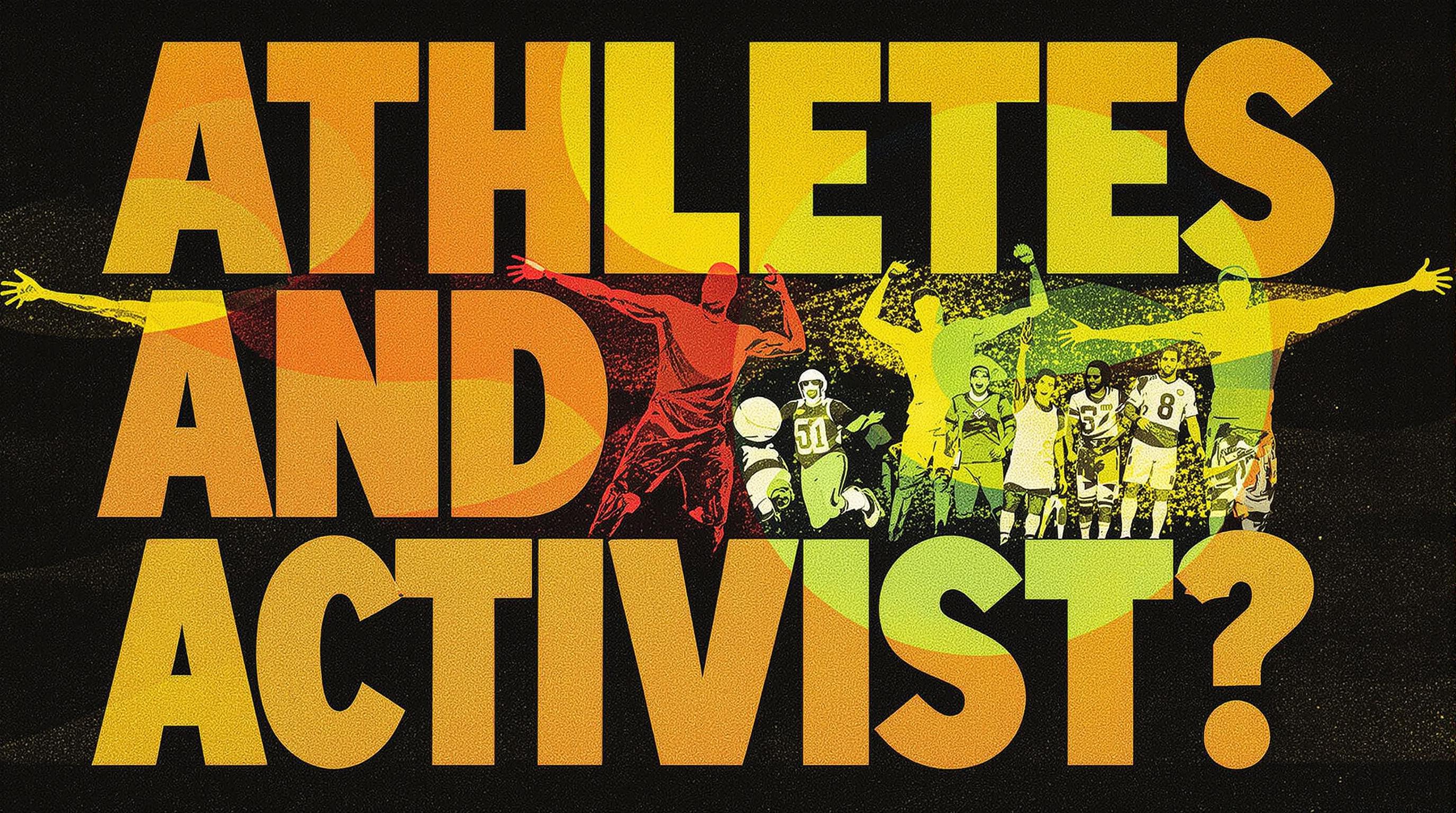Related Articles
- Cultural Collisions: How Colonialism and Conquest Transformed Games and Their Rules Across Continents
- The Eccentric Anomalies of Game Etiquette: Odd House Rules That Defied Generations
- Unveiling the Unconventional: The Role of Secret Societies in Shaping Game Regulations Across Time
- Revisiting the Cultural Phenomenon: How Iconic Championships Influenced Fashion Trends on and off the Field
- Revisiting the Aftermath: How Championship Wins Shape Community Identity and Local Economies
- The Role of Unexpected Weather Events in Shaping Championship Outcomes: A Tidal Wave of Influence
Unconventional Rivalries: The Untold Stories That Forged Sporting Legends
Unconventional Rivalries: The Untold Stories That Forged Sporting Legends
Unconventional rivalries have shaped the landscape of sports in unexpected ways, weaving tales that go far beyond the scoreboard. By examining these lesser-known rivalries, we uncover stories of personal conflict, societal change, and the human spirit that forged sporting legends.
The Unlikely Origins of Rivalries
Rivalries often stem from unexpected sources. Take, for instance, the remarkably heated rivalry between Boston Red Sox and the New York Yankees, fueled not just by competition but by an entire century of cultural tension. Their rivalry, steeped in history, showcases how sports can mirror societal issues, evolving beyond wins and losses to reflect pride, identity, and even redemption.
The Sibling Rivalry: Venus and Serena Williams
Few rivalries have captivated the sports world quite like that of Venus and Serena Williams, whose journeys from Compton, California, to global superstars are both inspiring and complex. Deep down, this rivalry is rooted in sisterly love, competition, and mutual respect.
Statistics show that, from 1998 to 2018, the sisters faced off 31 times on the professional tour, with Serena holding a slight edge at 19-12. But those numbers don’t capture the full picture. Each match was a tapestry of emotions, family history, and personal narratives that seamlessly intertwined, resulting in more than just a competition but an everlasting bond filled with highs and lows.
The Joy of Defeat: A Humorous Perspective
Now, let's not forget to sprinkle some humor into these storied rivalries. Remember when MC Hammer famously bet on the underdog Stanford Cardinal to beat the mighty UCLA Bruins in 1994? Stanford won, and Hammer lost a fortune, but it became a legendary moment in college sports. It’s safe to say that betting on sports isn’t necessarily a pathway to riches, but it sure can create unforgettable stories!
Case Study: Larry Bird vs. Magic Johnson
The rivalry between Larry Bird and Magic Johnson in the NBA transcended the confines of athleticism; it defined an entire generation of basketball. Their teams—the Boston Celtics and Los Angeles Lakers—clashed in the NBA Finals three times in the 1980s, capturing the hearts of fans nationwide.
This rivalry wasn't simply a clash of titans on the court; it represented a contrasting American ethos. Bird was the blue-collar, hard-working Midwesterner, while Magic was the flashy, charismatic Californian. Together, they brought considerable attention to the NBA, doubling viewership from 1980 to 1984 and paving the way for the league’s future success (source: NBA.com).
Matchups Born from Discontent
Rivalries often thrive on discontent, sometimes creating the most electric confrontations. Think about the intense face-offs between Rafael Nadal and Roger Federer; their rivalry simmered with layers of complexity—different styles, personalities, and approaches to the game. The 2008 Wimbledon Final, often dubbed as “the greatest match ever,” saw Nadal secure victory in a rain-soaked five-set thriller that lasted nearly five hours. It's thrilling how animosity and camaraderie can coexist in such formidable settings.
When Friendship Turns to Foe
The story of Brian Clough and Don Revie surrounding their intense rivalry in English football is fascinating. Clough, the brash manager of Nottingham Forest, had a keen disdain for Revie, leading to quips and barbs exchanged in press conferences. Their ideological differences in management styles and philosophies fueled this rivalry, morphing personal animosity into a legendary narrative in English football history.
Statistics Demonstrating the Impact of Rivalries
Across sports, rivalries can be quantified not just in head-to-head records but also in their impact on fan engagement. A 2016 study indicated that football matches with a strong rivalry saw stadium attendance rise by nearly 20% compared to non-rivalry matches (source: Sports Marketing Quarterly). Clearly, there’s a significant economic impact that stems from these fierce competitions.
The Playoffs: Where Rivalries Ignite
In the playoffs, when teams are fighting not just for victory but for legacy, rivalries become even more intense. The 2018 Stanley Cup Final between the Washington Capitals and the Vegas Golden Knights exemplified this; two teams, both seeking validation from their respective communities, created an electric atmosphere. It’s a testament to how unresolved narratives can resonate in the playoffs, making even the strongest characters in sports feel more relatable.
When Fans Get Involved
Fans are an intrinsic part of these rivalries, often adding layers of fervor and emotion. The well-documented Liverpool vs. Manchester United rivalry, one of the most storied in football history, showcases how loyal fanbases exacerbate this conflict. It’s not just about the teams—they’re two cities steeped in rich cultural history, pride, and tradition.
A Legacy That Endures
As we explore unconventional rivalries, it becomes clear that these narratives go far beyond competition. They reveal human resilience, the complexity of relationships, and the spirit of sport itself. Rivals often emerge not from opposing strengths but from shared experiences and common struggles.
The Uniqueness of Rivalries
In conclusion, it’s apparent that these untold stories of sporting legends were born not from typical competition but from unconventional rivalries full of emotional stakes. They add texture to the fabric of sports and are crucial to understanding why sports captivate us so profoundly.
So next time you cheer for your team, consider the deep-rooted histories that fuel those rivalries. After all, just as important as the final whistle is the story that precedes it—the stories of struggle, passion, and, ultimately, triumph that underpin the games we love.
Whether you’re a die-hard fan at the age of 16 or a seasoned observer at 70, these tales of rivalry remind us that sports are just as much about the human condition as they are about the game itself. And perhaps that’s the greatest punchline of all: we’re all players in this grand game called life.




